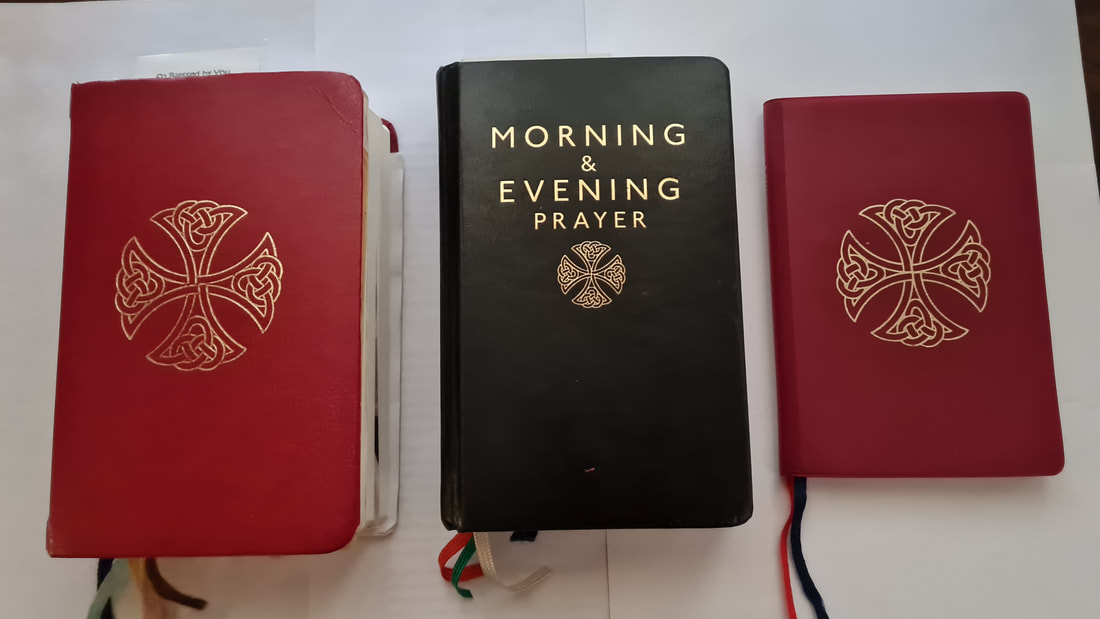Likewise, should you be a priest, deacon, seminarian, religious, member of a third order etc, then this is for you.
May it refresh and deepen your experience of these prayers with such ancient roots.
7 x A4 pages with colour images
| originstory_morningprayerofthechurch_pdf.pdf |


 RSS Feed
RSS Feed